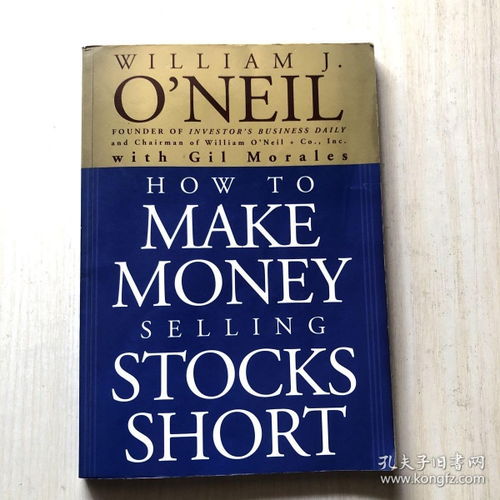Understanding the Market

Before you start selling your art, it’s crucial to understand the market you’re entering. Research different art markets, from local galleries to online platforms. Look at what’s selling, who’s buying, and what styles are popular. This will help you position your art in a way that appeals to potential buyers.
Creating a Portfolio

Your portfolio is your calling card. It should showcase your best work, highlighting your unique style and skill. Include a variety of pieces to show versatility. Make sure your portfolio is well-organized and easy to navigate. You can create a digital portfolio on your website or use platforms like Behance.
Setting Prices

Figuring out how to price your art can be challenging. Consider the costs of materials, time spent creating the piece, and the value of your work. Research similar artists and their pricing to get a sense of the market. Remember, you can always adjust your prices as you gain more experience and understand the market better.
Choosing the Right Platforms
There are numerous ways to sell your art, and the right platform depends on your goals and audience. Here are some popular options:
| Platform | Description |
|---|---|
| Online Marketplaces | Platforms like Etsy, Artfire, and Saatchi Art allow you to sell your art directly to customers. |
| Social Media | Use platforms like Instagram, Facebook, and Pinterest to showcase your work and reach potential buyers. |
| Art Galleries | Local and online galleries can provide a more traditional sales channel for your art. |
| Art Fairs | Participating in art fairs can help you reach a wider audience and build your reputation. |
Marketing Your Art
Marketing is key to attracting buyers. Use the following strategies to promote your art:
-
Build a strong online presence with a professional website and active social media accounts.
-
Engage with your audience by sharing behind-the-scenes content, such as the process of creating your art.
-
Collaborate with other artists or influencers to reach new audiences.
-
Participate in local events, such as art walks or craft fairs, to network and showcase your work.
Handling Sales and Shipping
When you start selling your art, it’s important to have a system in place for handling sales and shipping. Here are some tips:
-
Provide clear instructions for purchasing and shipping on your website or platform.
-
Use secure payment methods to protect both you and your customers.
-
Package your art carefully to ensure it arrives in perfect condition.
-
Keep track of your sales and shipping process to ensure everything runs smoothly.
Building a Reputation
Your reputation is crucial for long-term success. Here are some ways to build a strong reputation:
-
Deliver high-quality art that meets or exceeds your customers’ expectations.
-
Provide excellent customer service and be responsive to inquiries and feedback.
-
Stay active in the art community by attending events, participating in discussions, and showcasing your work.
-
Seek out reviews and testimonials from satisfied customers to share on your website and social media.
Expanding Your Business
Once you’ve established a solid foundation for your art business, consider the following ways to expand:
-
Offer custom commissions to cater to specific customer needs.
-
Explore new markets, such as corporate art or public art projects.
-
Develop a line of merchandise featuring your art to increase revenue.
-
Teach art classes or workshops to share your skills and build



